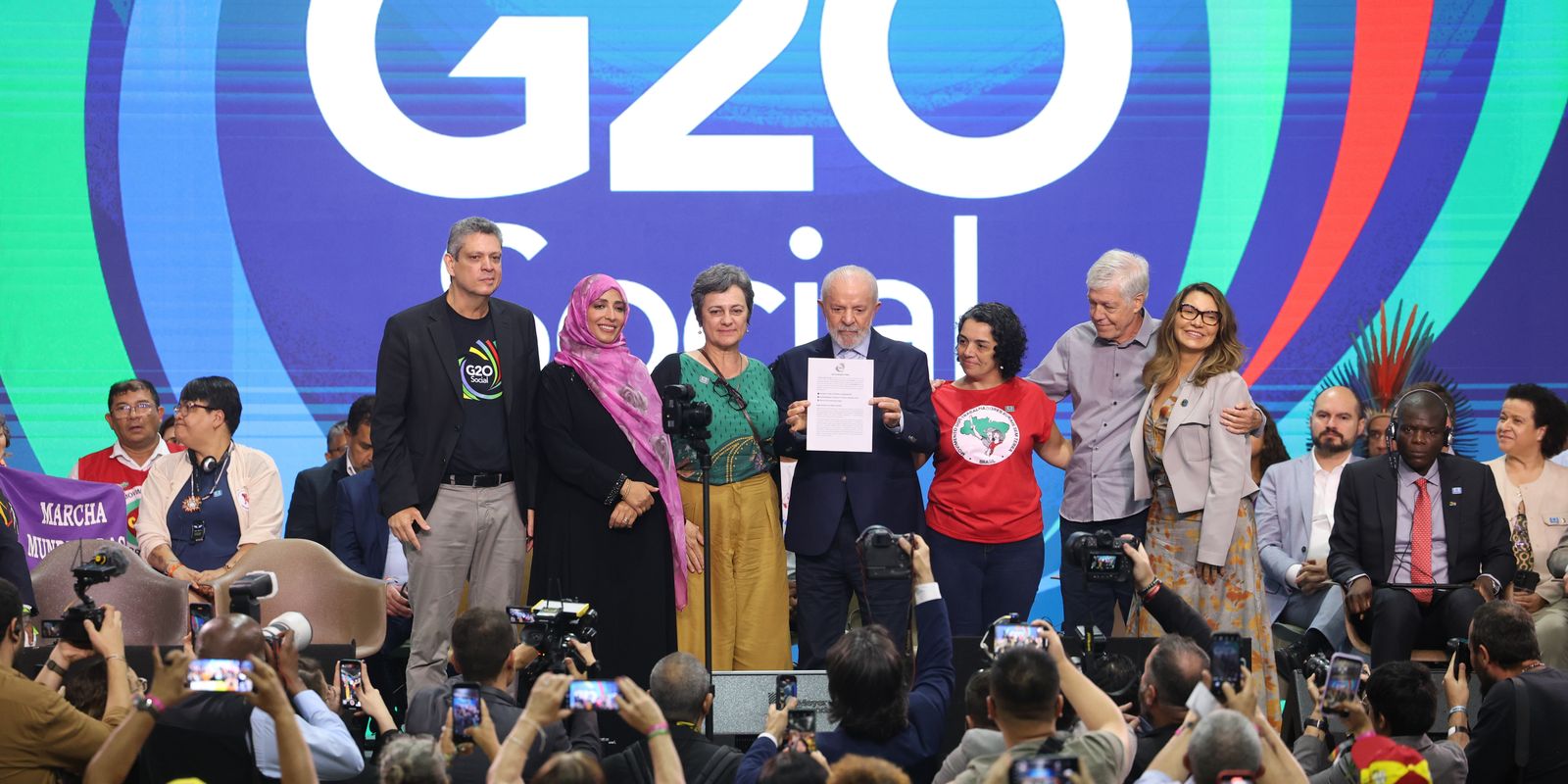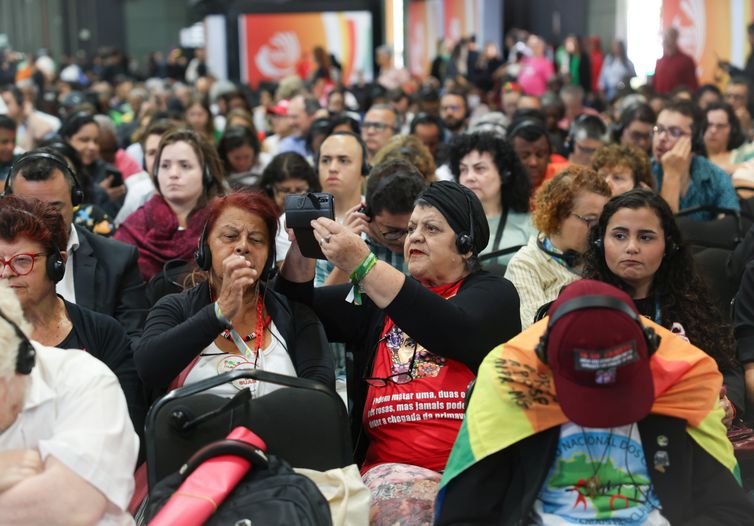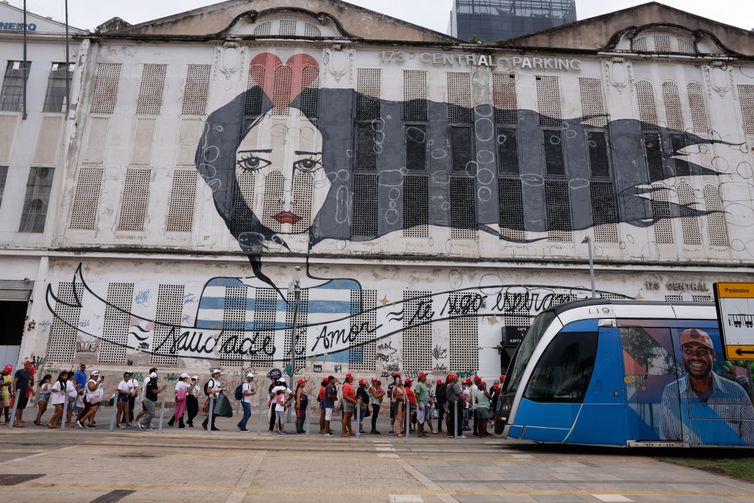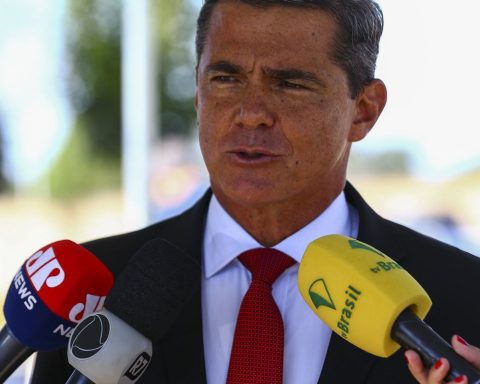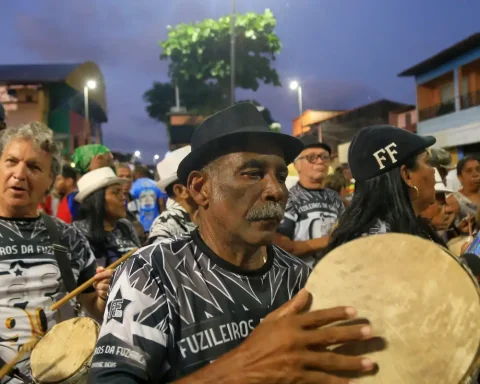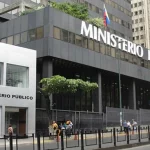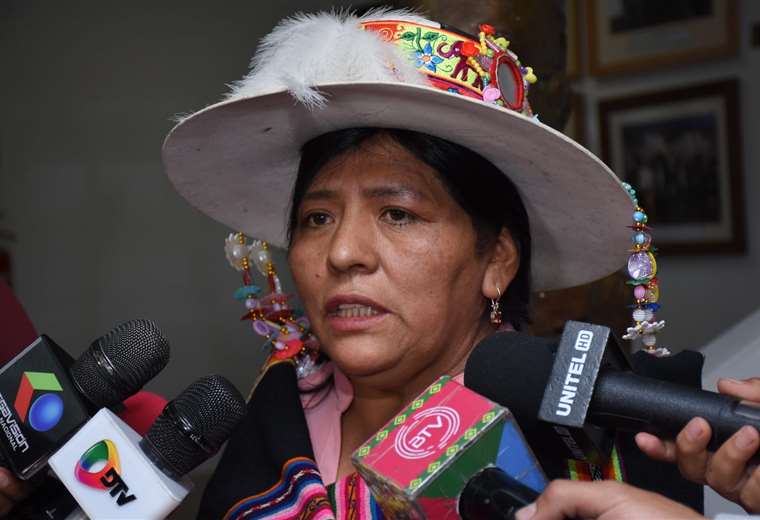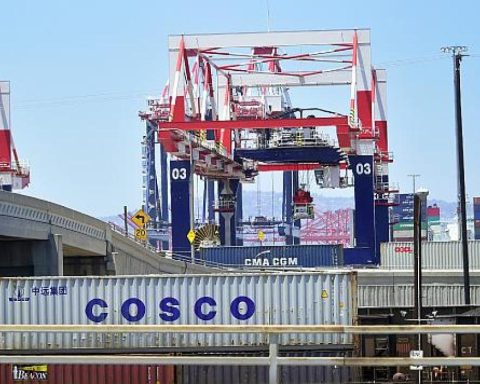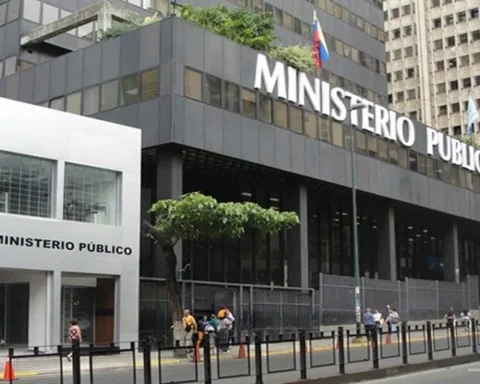The text of G20 Social final statement pressures the governments of the group’s countries to adopt measures with more ambitious objectives. This is what different entities and civil society organizations that participated in the discussions that supported the creation of the document evaluate. For them, a firmer commitment to tackling climate change and inequalities is needed.
Taxing the super rich is cited in the declaration as a way to finance social and environmental policies. For the Climate Observatory, a network that brings together different environmental entities from Brazilian civil society, this is a central debate.
“The G20 countries are responsible for around 80% of greenhouse gas emissions and concentrate 80% of the world’s wealth. No country can claim a lack of resources for climate finance if it does not tax its billionaires fairly. Progressive taxation on the super-rich is a crucial step to finance adaptation to climate change and a fair energy transition”, records a statement from the Climate Observatory.
The G20 Social began on Wednesday (14) and ends this Saturday (16). This is an innovation instituted by the Brazilian government. The country presides over the G20 for the first time since 2008, when the current format of the group was implemented, comprising the 19 largest economies in the world, as well as the European Union and more recently the African Union. In previous presidencies, civil society used to come together in initiatives parallel to the official program. With the G20 Social, these meetings were integrated into the agenda created by Brazil. The objective was to expand dialogue between government leaders and civil society.
Much of the three-day program was made up of self-organized activities proposed by different social organizations. The final declaration summarizes the G20 Social consensus proposals. It was delivered to the president of Brazil, Luiz Inácio Lula da Silva, who will take it to the governments of all nations at the G20 Leaders’ Summit. The meeting, which takes place on November 18th and 19th, ends the Brazilian mandate. South Africa will succeed Brazil as president of the group.
The discussion of taxation of the super rich has been one of the priorities taken on by the Brazilian government. In July, the Finance Track, one of the G20 discussion groups, approved its final statement with mentions of the topic. Brazil defends that the adoption of a minimum tax on the super rich be agreed, in order to avoid a fiscal war between countries. However, there is resistance. Representatives from the United States, for example, have argued that it is up to each government to deal with the issue internally.
The agenda is considered legitimate and urgent by Elisabetta Recine, coordinator of international relations at Rede Penssan, which brings together researchers on the topic of food and nutritional security. For her, taking the topic to the group of G20 countries is an important move. In his view, taxing the super rich is an agenda that articulates the demands for climate justice, food justice and fiscal and tax justice.
“We can no longer live with situations in which great fortunes have a series of instruments in which they pay no or very little tax in relation to their consumption pattern and their assets and earnings. It is absolutely shameful that we live with a situation like this, in which proportionally a worker has a much higher tax burden than a large fortune”, assesses Recine, who is also president of the National Council for Food and Nutritional Security (Consea), a collegial body made up of representatives of society civil and of the Brazilian government that provides advice to the Presidency of the Republic.
“Even if the G20 does not support this decision, we have the responsibility and urgency in Brazil to make decisions in relation to this process”, she argues. Precisely to demand more ambition in financing social and environmental actions, the Climate Observatory is calling for a protest for Monday morning (18), in Rio de Janeiro. Scheduled to start at 8am at Posto 11 in Praia do Leblon, the initiative connects with the “Taxa os Bi” campaign, an online pressure strategy to pressure G20 leaders to tax billionaires and allocate resources to combat hunger and poverty, make a fair energy transition and protect populations from extreme climate events.
Diversity of themes
In addition to defending the taxation of the super rich, the four-page G20 Social final declaration calls for new efforts to combat inequalitieshunger and poverty and demands a commitment to a fair energy transition, which is capable of reducing greenhouse gas emissions and protecting tropical forests, without generating social exclusion. The text also defends “unavoidable” reforms in international institutions, such as the United Nations (UN) and the International Monetary Fund (IMF).
“The declaration summarizes the great calls, let’s put it that way. And the importance of this synthesis is that it opens the door so that different governments can look at the specific documents where the proposals and visions are better detailed. It is a synthesis written by civil society and this is something unprecedented. So it is very symbolic, it is very important, but to access the details of the discussions and proposals, we need to go to the different G20 discussion tracks”, says Recine.
The inclusion of the main topics under debate was highlighted by Renato Godoy, government relations manager at Instituto Alana, a civil society organization that has been operating since 1994 with a focus on the rights of children and adolescents. “The final declaration reflects the diversity and quality of the debates that took place within the social G20 and presents the proposals of Brazilian and global civil society for the multiple crises that the planet is facing.”
For him, Brazil’s presidency of the G20 and the mobilizations of Brazilian civil society left two very strong marks within the scope of the G20. “One of them is the great social participation that was evident at the G20 Social and the other is undoubtedly the fight against hunger and poverty, with the creation of the Global Alliance”, he said. Godoy also highlighted the richness of discussions involving topics such as climate change, digital security, gender equality, the right to education and the protection of children and adolescents.
The creation of the Global Alliance against Hunger and Poverty, mentioned by him, was another priority of the Brazilian presidency at the G20. The initiative involves an international commitment to mobilize political support, financial resources and technical knowledge with a single objective: to disseminate public policies and social technologies proven to be effective for food insecurity around the world. The proposal has the support from the World Bankan international organization that promotes development, and already has the confirmed membership from different countries and institutions.
For Sônia Mara Maranho, who is part of the coordination of the Movement of People Affected by Dams (MAB), the G20 Social also highlighted the need for greater popular social participation in the midst of the geopolitical dispute. “We hope that Lula will be careful to pay attention to the document and also to take the proposals to the G20 Leaders’ Summit next week to discuss the issues with large corporations, governments and diplomats who will be in Brazil. But We know that we have a great challenge, which is to accumulate strength as a working class to face all the attempts that banks, shareholders and rentiers have to dominate the world based on a capitalist conception of exploitation”, he stated.
